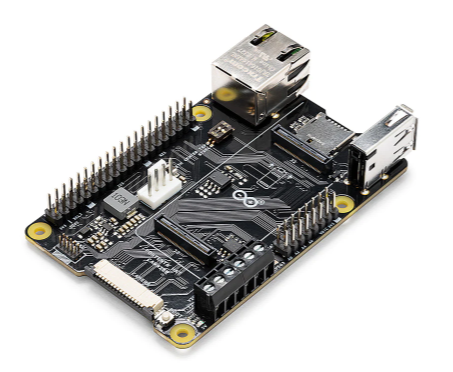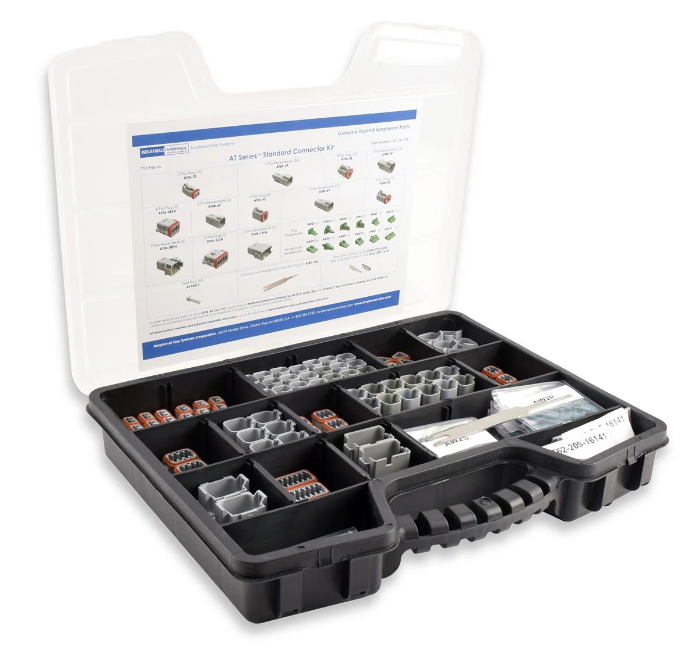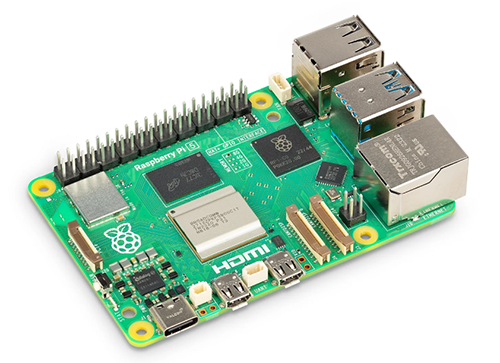IDTechEx discusses making sustainable electronics tangible
Enhancing ‘sustainability’ is a widely held aspiration within the electronics industry – realising this transition is considerably more difficult, IDTechEx explores.
To this day, toxic chemicals, material waste, and energy-intensive processing are commonplace. While many companies have demonstrated a clear interest in lowering their environmental impact, making changes while meeting the growing demand for increasingly sophisticated electronics is extremely challenging. Every year, vehicles, households, retailers, and factories become ‘smarter’ with the increased prevalence of IoT devices – a market expected to reach billions over the coming decade. Despite the many advantages of smartification, the environmental footprint is high, with the number of devices increasing exponentially.
Is it possible to keep the wheel of innovation turning while being environmentally conscientious? The answer is yes. IDTechEx’s report, ‘Sustainable Electronics Manufacturing 2023-2033’, explores the key opportunities for sustainable innovation and the most promising new manufacturing approaches within the electronics industry. It discusses various approaches that can be implemented to reduce the environmental impact associated with the manufacturing of printed circuit boards and integrated circuits. The report also clarifies how various companies have achieved important milestones on their way to net zero and how emerging start-ups have developed impressive sustainable technologies that have the potential to transform the industry.
What are key industry players doing?
The newly founded Semiconductor Climate Consortium made itself known at the COP27 conference. The Consortium comprises 60 founding members, among whom are materials companies, research institutes, and some of the biggest chip manufacturers, including Intel, Micron, TSMC, and Samsung. Their ambition is to reduce greenhouse gas emissions across the supply chain with the collective target of reaching net zero by 2050.
By committing to net zero targets, manufacturers are forced to re-evaluate their processes and adopt new methods. For example, some are utilising renewable energy sources to reduce their emissions contributions. As energy prices become more volatile and supply chain disruptions more frequent, renewable energy is becoming an increasingly attractive asset. Access to renewable energy is becoming a major factor as companies build new fabrication facilities. Samsung has already achieved 100% renewable energy for all of its sites in the US and China, with other household name companies following suit, such as Apple, IBM, Intel, and Nokia.
Water conservation is becoming an increasingly important discussion point, both from an environmental and economical perspective. It is estimated that 8000L of water is consumed in the manufacturing of a single integrated circuit with a single fab using up to 15 million litres per day. Many fabs are located in water-stressed areas such as Singapore and Taiwan, as well as parts of the US and China. As droughts and climate disasters become more frequent and more drastic, water recovery and re-use is expected to de-risk the manufacturing process by supplementing the deficit. Additionally, being able to demonstrate high water conservation rates is excellent for improving public opinion and reputation. Among the household names, Intel and Samsung have shown strong commitment, conserving 70% and 60% of the water they consumed, respectively. Enacting water conservation measures will lead to greater self-sufficiency and reduced costs.
Outlook
Reducing the carbon footprint of the electronics industry is a daunting task, particularly for well-established manufacturers that are reluctant to divert from traditional methods. Across the world, both government and consumer pressure are forcing manufacturers to take on a greater degree of responsibility in reducing their emissions. IDTechEx’s analysis indicates that by embracing sustainable manufacturing methods, companies can benefit economically while making significant reductions in environmental impact. A comprehensive analysis and exploration of sustainable innovations within the field can be found in IDTechEx’s report, “Sustainable Electronics Manufacturing 2023-2033”.









